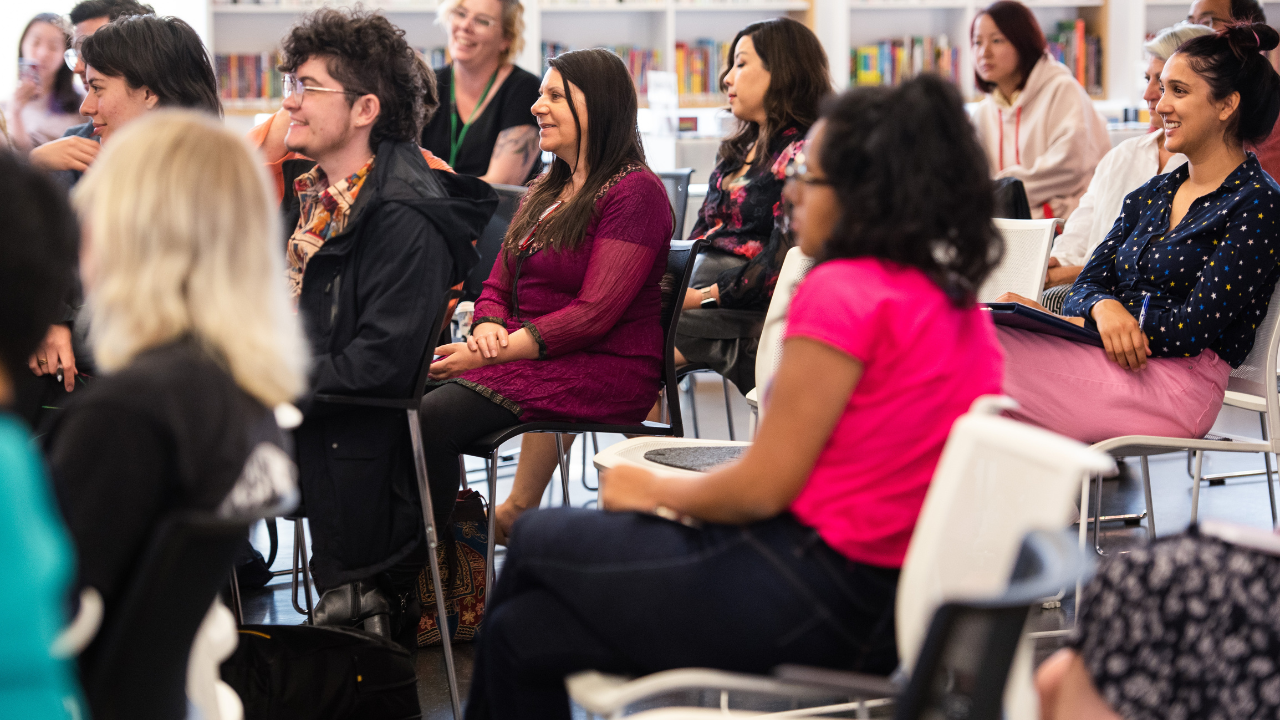Writing well requires much the same set of skills no matter whether we are writing fiction or nonfiction, but the success of fiction often rests in part on the architecture of the whole story or book. In nonfiction it is structure at the level of the sentence and paragraph that is often paramount. While fiction cracks along under the demands of plot and character, nonfiction can often be more episodic in nature. Paragraphs are more like poetry – almost stand alone reflections, refining and focussing on one thought, image or idea. Connections and flow between paragraphs can also be more difficult to achieve without the driving chronology of story. The building blocks of paragraphs require even greater attention to detail in nonfiction, ensuring that they are clear, concise and comprehensive, that they connect in an ultimately orderly fashion, and that they are also a pleasure to read.
The burden of information in non-fiction falls heavily on sentence structure. It is easy to design a beautiful race car, designed only to get us from one point to the other in the story as quickly as possible, but it is much harder to design a beautiful road train, which much carry a heavy load of facts and figures. Difficult – but not impossible. Sentences need to be robust enough to cope with the task: perfectly balanced and structured to take the weight. If our sentences don’t carry the weight of information lightly, the burden falls on the reader instead. Dangling clauses and pronouns are often the hallmarks of long and awkward sentences – making our writing onerous to read.
Understanding how readers approach a text, how they process information and what structures make this processing easier provides us with valuable tools to make our writing both accessible and beautiful. Well structured writing flows effortlessly for the reader, transferring information and images seamlessly, without any thought for the words that conveyed them. Instead of struggling with the text, the reader can flow along with the author’s thoughts, with all that hard fought writing effort all but invisible.
Hungry for more nonfiction knowledge? Join us for our in depth workshop on How to Write Popular Nonfiction.
Danielle Clode is an award winning nonfiction writer, writing teacher and mentor. She has written several books on topics as diverse as killer whales, bushfires, French history, politics, prehistoric animals, meteorites and gum trees.







